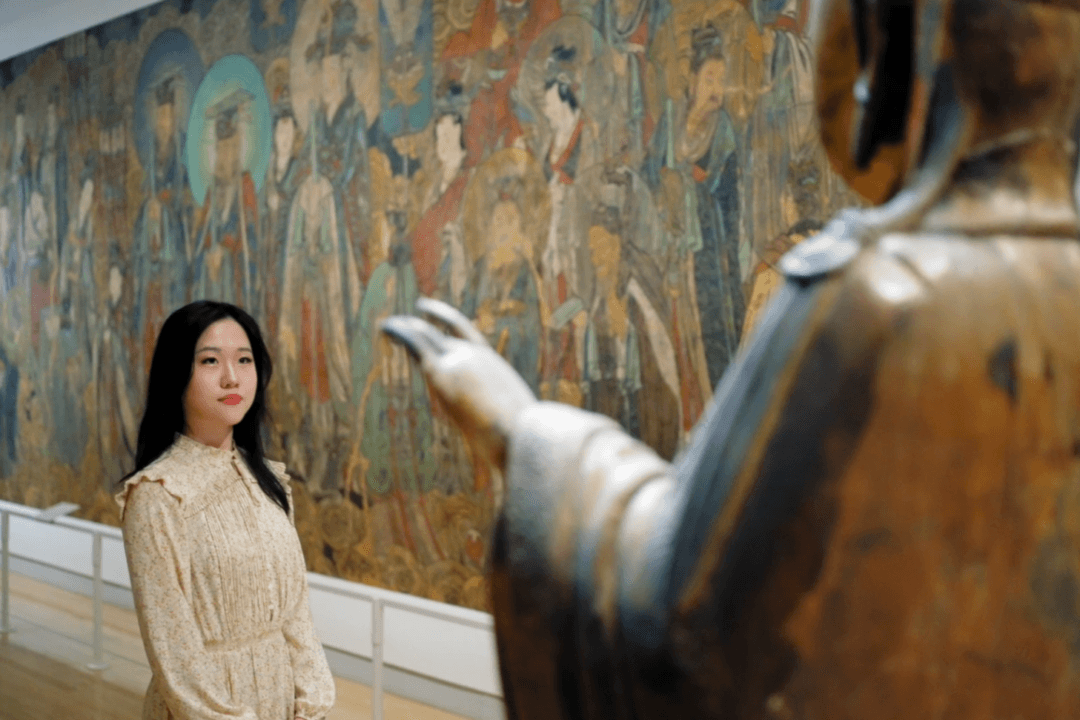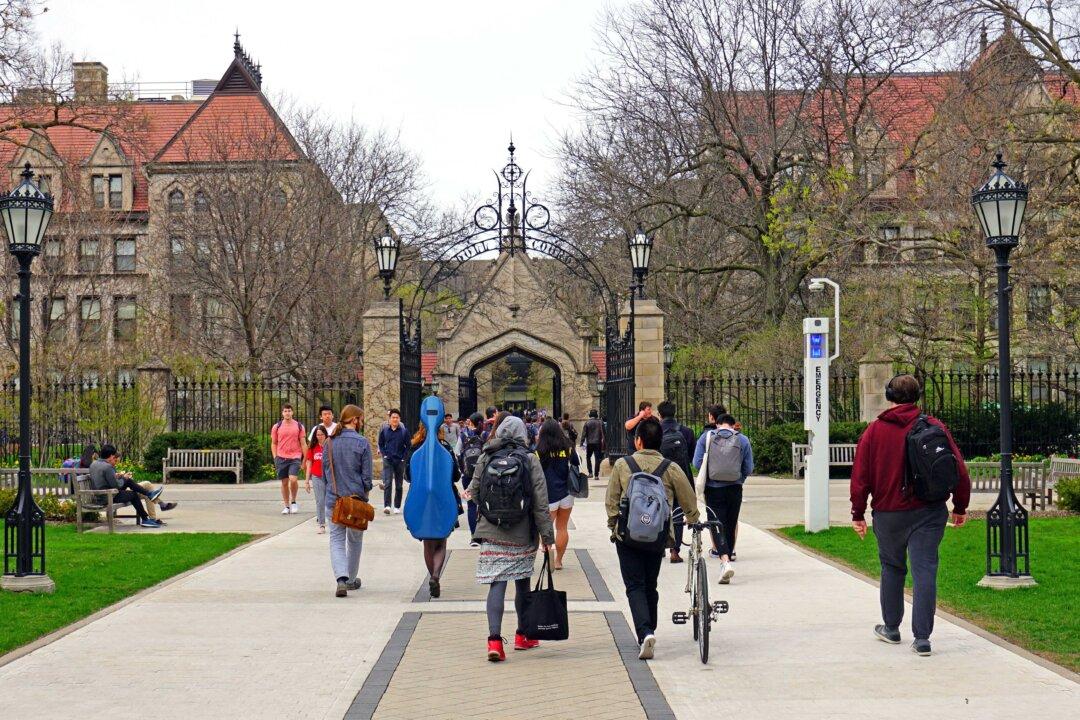Republican lawmakers have called out Disney for “cowering” to the Chinese Communist Party (CCP) by omitting an episode of “The Simpsons” that criticizes Beijing from its new streaming service in Hong Kong.
Disney+ released all episodes of the show except for episode 12 of season 16, which refers to the 1989 Tiananmen Square massacre—when the CCP ordered its troops to open fire on protesters who were advocating for democratic reforms, killing potentially hundreds or even thousands of people.





